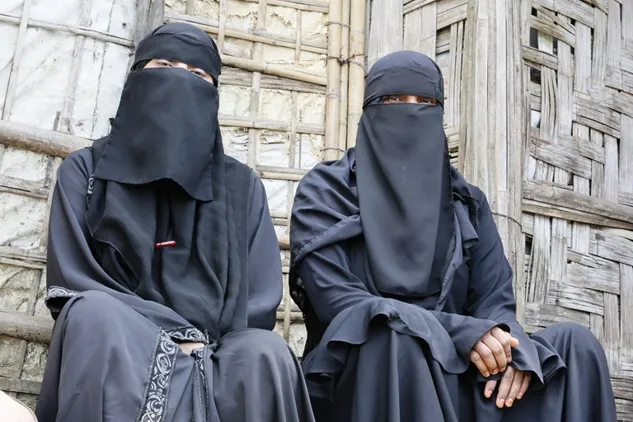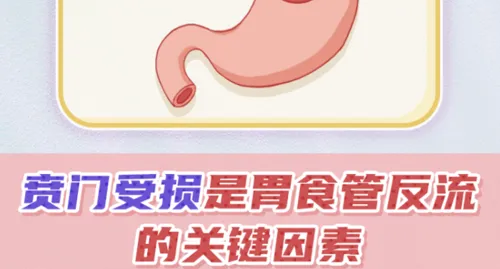Bangladesh Enhances Preparedness to Protect Rohingya from Cholera

In January 2025, the World Health Organization (WHO), the Government of Bangladesh, and various health partners initiated a large-scale Oral Cholera Vaccination (OCV) campaign aimed at both Rohingya refugees and the local host communities.
The campaign vaccinated 976,751 people, achieving a coverage rate of 103.6%, likely due to an influx of refugees and inaccuracies in the population estimates. Children accounted for 42% (410,235) of those vaccinated.
The success of the campaign was built on months of careful planning and coordination. The WHO led technical preparations, trained vaccinators on safe delivery, data documentation, and cold-chain management, and ensured equitable coverage across all 33 camps. Volunteers went door to door, raising awareness and making sure no family was left behind.
By the end of January, confirmed cholera cases had decreased from 170 in December to only 32, marking a fivefold reduction that indicates the outbreak has come to an end.
In April 2025, the WHO and its partners carried out a second round of Oral Cholera Vaccine (OCV) distribution, targeting 177,222 children aged 1 to 5 years, who are the most vulnerable to severe illness. The vaccination campaign was complemented by enhanced Water, Sanitation, and Hygiene (WASH) services and continuous monitoring, which further bolstered the health system in Cox’s Bazar in the fight against cholera and other infectious diseases.
Building on these gains, in May 2025, the WHO and the Government of Bangladesh organized a cholera preparedness simulation exercise to assess emergency response capacity and coordination. The exercise refined outbreak protocols and reinforced multisectoral collaboration, ensuring that both health and WASH partners are prepared to respond swiftly to future emergencies.
To read more, please click on the link.
© 2025 Health Tribe.


